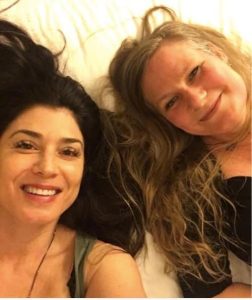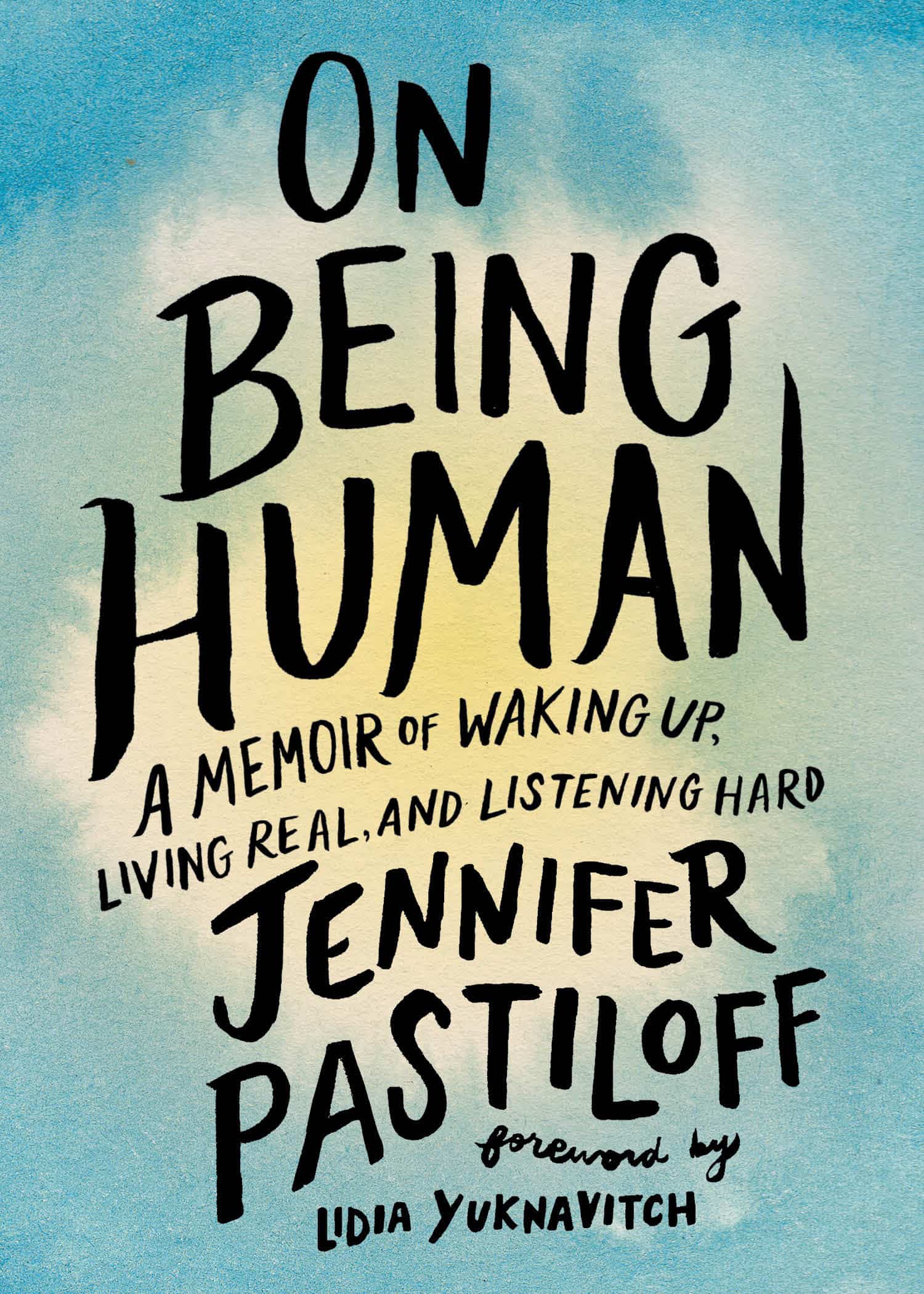By Diane Sherlock
Beets.
String beans.
Cooked carrots.
Cottage cheese.
These were the flavors of my childhood abuse.
There was no bodily autonomy in the house I grew up in. No privacy, no warm baths without ice water dumped from above, no agency over my body, and my brothers and I had no say in what we ate. Three seemingly random vegetables were force-fed. Why those three? Why not? They were the favorites of the reigning narcissist of the house. They were our mother’s favorites. Reject them, reject her. The essence of narcissistic abuse.
I cannot be forced to donate blood, organs, or tissue, even when I’m dead, but in my mother’s house, I had no say in much of anything to do with my body. Suicide ideation became a way of life.
At 4, I felt the sting of betrayal when the younger of my two teenage half-brothers watched me to make sure I finished the beets on my plate. Our mother put him in charge. All three of her children loathed beets. She served them from a can and they stank up the house as she heated them. I was so certain he would let me sneak them to the dog or down the garbage disposal when she left the kitchen. He didn’t. I’d covered for him shooting his BB gun in the backyard against her rules and he turned around to enforce despised beets? But he’d done much worse. I just wasn’t conscious of it at the time.
As with beets, slimy green string beans were poured out of a can and heated in Revere ware. And like the beets, the smell of heated green beans turned my stomach. Fat limp slugs were spooned on to my plate. Once again, the rule was we had to finish them all. Gary, the older of my two brothers, coped with his food anxiety by not letting the foods on his plate touch. That didn’t work for me. The only way I could get down the mushy beans was to mask them with a piece of meat or mashed potatoes or macaroni and cheese or rice saturated with chicken bouillon, then chew as little as possible.
My mother insisted on serving vegetables the three of us hated. She liked them, therefore everyone must like them. Or else. This did not apply to licorice or coconut or custard, all of which she also loved. And all of which we also hated. Why the vegetables? And why did she continue to expect a different result? Nothing had changed since Gary was a toddler shooting beets out of his mouth like a machine gun, covering her white nurse’s uniform with beet bits. Fifteen years later, she continued to describe it as a crime scene. Gary made sure she never saw the secret satisfaction on his face, despite whatever he had to endure from her. The same battle replayed from the time he was in his high chair until he graduated high school, spreading to all three of us. But no one ever spit food at her again.
When I was about 15, Gary stopped by around dinnertime after a day of roofing. He had an injury for her to take care of to avoid a doctor’s bill. Our mother had discovered frozen Carrots in Butter & Brown Sugar. I was already eating fast which served me well with the carrots to the point that my mother believed I liked them. I remained non-committal in front of my 28-year-old brother. She persuaded him to try them. His expression changed mid-bite and he spat it out. “Ugh, you still get the cooked carrot taste halfway through!” He was not wrong, but his tolerance was lower than mine. And I still had to live with her.
No other foods were forced on us – not eggs, not dairy, not meats, not fish, not breads, not desserts, but she was merciless when it came to those three vegetables. Wild hot anger poured over everyone in reach. Her jaw set, eyes hardened. It would not go well if any of us did not comply. I was terrified of finding out what the punishment might have been. She did not know the meaning of “empty threats.”
Cottage cheese was not insisted on at home. Gillespie Cottage, across the street from my elementary school, where I went while my parents finish their workdays, was the one insisting. On an autumn afternoon, a half of a sphere of cottage cheese on a plate was set before each of us. I finished whatever else was on the plate. I did not touch the dome of white chunks. A series of adults threatened me. I refused to eat it. It looked like snowy vomit with its chunky curds. The man in charge told me I couldn’t to go out to the playground for the rest of the afternoon. He parked me on a chair in his office in front of a big wooden desk until I complied. He placed the plate next to both a fork and a spoon on the desk. He watched me for a moment, then left. I understood Gary’s secret internal triumph. The kids on the playground were mostly awful and I had no friends out there. It was a relief to be inside in the quiet, alone. I had no intention of touching the cottage cheese. I’d already developed the skill of a rich interior life no one else could touch. The light in the room changed and darkened. At dusk, my father arrived to pick me up. There was a hushed conversation. I was never forced to eat anything at Gillespie again and I didn’t attend the following year. At least there was clarity on who was allowed to do the abusing.
As I kid, I hated eggs. This was not only allowed, but my mother, a registered nurse, wrote a note for my summer camps that I was allergic. It felt like magic. I didn’t like the lie, but I liked the result. In college, I developed a taste for eggs. One of my best flavor memories is sitting in a sunny corner of my apartment in Del Mar eating scrambled eggs with cheddar cheese, buttered toast, fresh orange juice, and coffee before morning classes.
My father never complained about food, but when he occasionally cooked, spices appeared and food had real flavor. His Jamaican roots showed in the kitchen. He rarely indulged his culinary creativity. Later, when my mother’s two sons moved out, he made meals while she was hospitalized due to Valium addiction. His creativity dissipated, becoming as bland as his demeanor in the face of her rage. We don’t fight, we discuss sent my mother over the edge. When she returned to the house, meals became an icy silent race to the finish. The childhood of forced vegetables ended. Instead, there were peas, artichokes, broccoli, or salads. I barely tasted the meals of my adolescence in the effort to bolt my food and get away from the apprehensive table and the parents who no longer spoke to each other or me. My thoughts seesawed between the escape of suicide and the escape of growing up and out of the house as my brothers had done.
My brothers married women who cooked with passion and creativity. And flavor. They discovered vegetables were more than tools of torment. Gary’s food relaxed on his plate, touching without his noticing. The three of us never discussed beets or the rest, though we did laugh over surviving growing up with her. We learned early on to minimize as a survival strategy.
I never served my two children beets, string beans, cooked carrots, or cottage cheese. When they were on their own, they slowly discovered that they liked some of them. My daughter tried to serve me roasted beets, lovingly prepared. She was not successful. Love is not enough. The pain runs too deep. Those four flavors – especially beets – are wired together with abuse more firmly than almost anything else in my life. I can manage 2 or 3 of her haricots verts with onion and garlic or roasted carrots with cumin. But beets still elicit an automatic and profound disgust response even after decades. I don’t only gag; my entire soul revolts.
There are some things in life I will never develop a taste for.
Jen’s book ON BEING HUMAN is available for pre-order here.



It never ceases to amaze and horrify me the abuse children suffer at the hands of those who should be loving and at least kind. Diane Sherlock has clearly beat the odds and become successful, and i hope, happy. But my heart hurts for that little girl.
[…] Big thanks to Jen Pastiloff and The Manifest-Station for publishing my latest piece, The Inedible Footnote of Child Abuse. […]